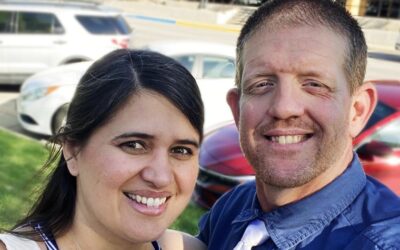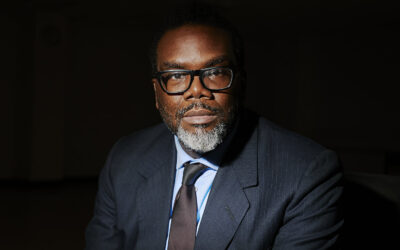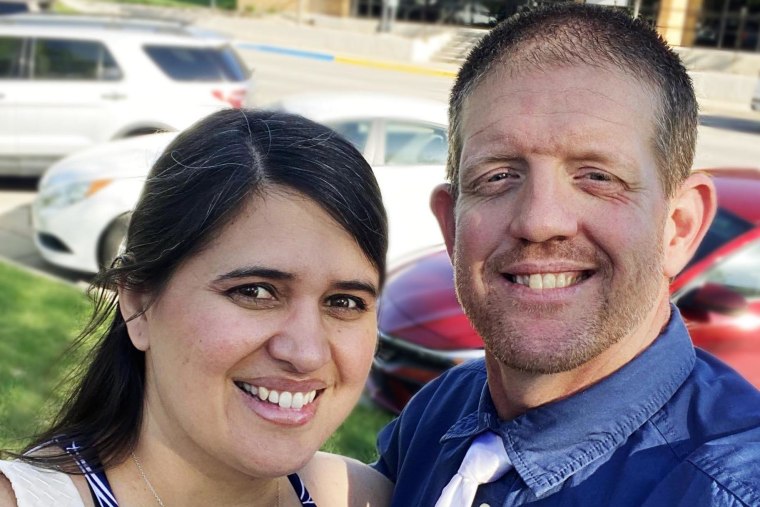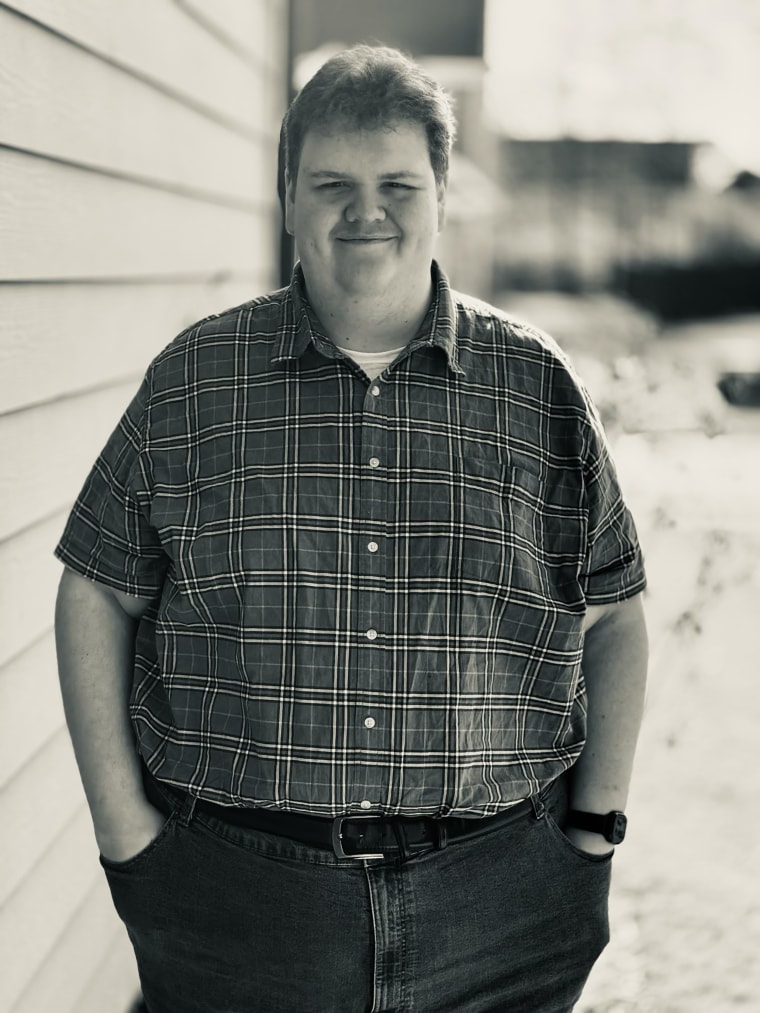Miami jury finds Tesla partly liable in Autopilot crash
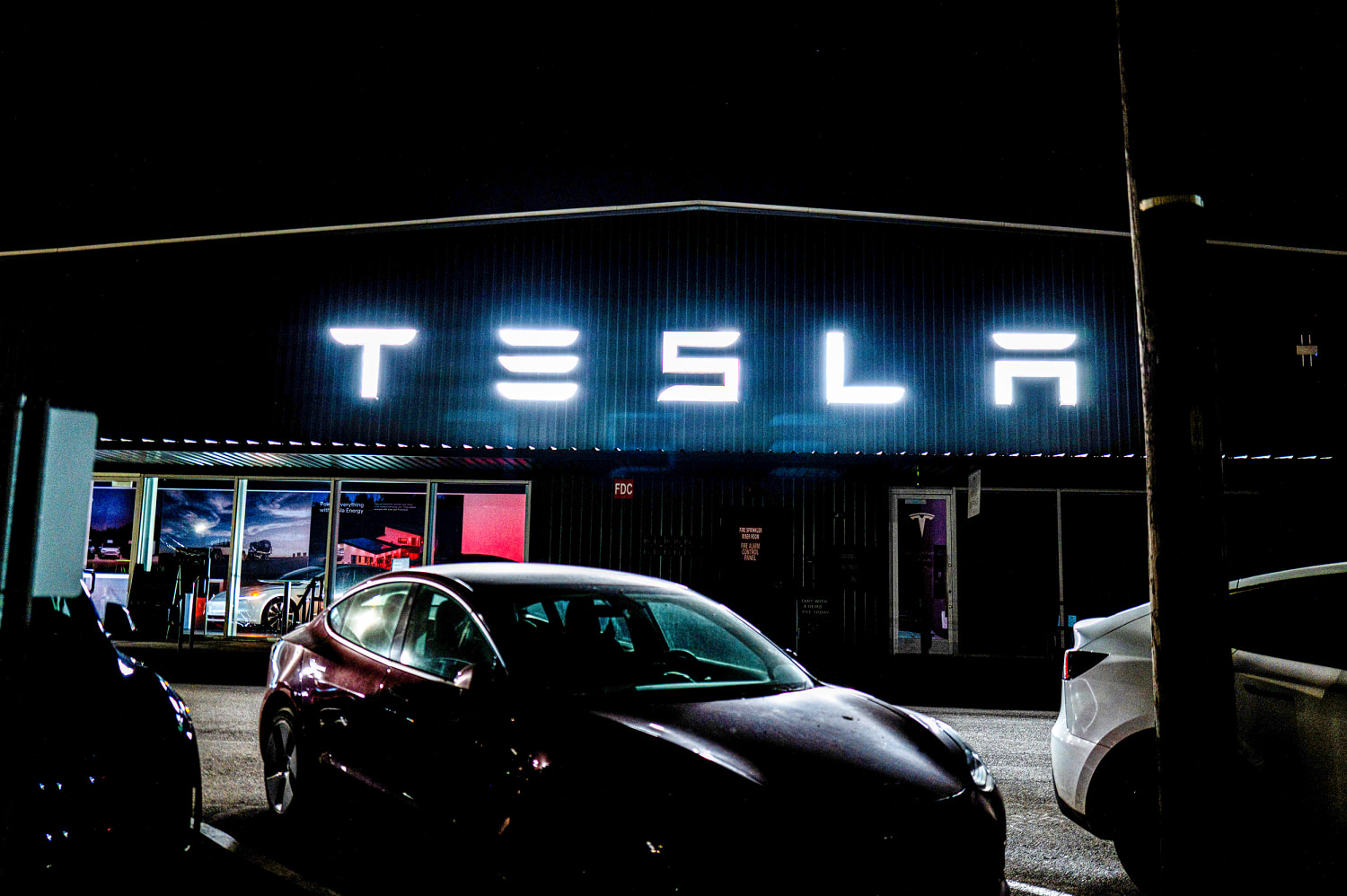

MIAMI — A federal court jury found Tesla partly liable on Friday in a 2019 car crash that killed a pedestrian and left another person badly injured when the car was in Autopilot mode.
The jury awarded the plaintiffs $200 million in punitive damages, plus compensatory damages for pain and suffering.
The verdict is a blow for Tesla and CEO Elon Musk as they try to convince the public, government regulators and investors that their self-driving software is safe.
The eight-person jury said that Tesla was partly to blame for the crash in the Florida Keys six years ago, when neither the driver of the Tesla sedan nor the Autopilot software braked in time for an intersection. The jury assigned Tesla one-third of the blame and assigned two-thirds to the driver, who was sued separately.
The verdict follows a three-week trial in Miami that threw a spotlight on how Tesla and Musk have marketed their driver-assistance software, which despite its name requires constant oversight by a human in the driver’s seat.
Lawyers for the plaintiffs argued Tesla oversold the capabilities of Autopilot, leading the driver of a Model S sedan to take his eyes off the road as he approached a T-intersection in the Florida Keys after sundown. The Tesla failed to stop at the intersection and slammed into a parked SUV, killing 20-year-old Naibel Benavides Leon as she was standing next to the SUV and injuring her boyfriend, Dillon Angulo. The Tesla was traveling at 62 miles per hour just before the crash, according to data cited at trial.
Benavides Leon’s family and Angulo sued the driver and also Tesla, arguing that its Autopilot software should have warned the driver and braked before the vehicle crashed.
Jurors deliberated for seven hours Thursday afternoon and Friday before informing the judge they had reached a verdict.
Most wrongful death lawsuits settle or are dismissed, but their lawsuit went to trial as a major public test of Tesla’s safety record. Tesla argued that the driver of the Model S was solely responsible for the crash because he was reaching for a dropped cell phone when it happened.
The driver, George McGee, testified during the trial he believed Autopilot failed him.
“My concept was it would assist me should I have a failure or should I miss something, should I make a mistake — that the car would be able to help me. And in that case, I do feel like it failed me,” he said.
The plaintiffs sued McGee separately, and that case was settled.
Autopilot comes standard on all Tesla vehicles and is a package of several driver-assistance features. Tesla warns drivers in its online owner’s manual that Autopilot requires supervision and does not make its vehicles fully autonomous.
But the plaintiffs said Tesla lulled drivers into a false sense of security, causing drivers to become distracted.
The plaintiffs asked for $109 million in compensatory damages from Tesla and $236 million in punitive damages.
Tesla and Musk have for years touted Autopilot and another package of driver-assistance software, Full Self-Driving, as major steps forward in automobile safety. Musk has said that Tesla cars using the software are safer than human drivers, and he has bet the future of the company on developing a fleet of safe, autonomous taxis.
But federal regulators and their counterparts in California have for years questioned the safety of Tesla’s systems. The National Highway Traffic Safety Administration last year said there was a “critical safety gap“ in Autopilot that contributed to at least 467 collisions, including 13 crashes resulting in fatalities.
Brett Schreiber, a lawyer for the plaintiffs, blamed Musk individually in his closing summary to the jury Thursday.
“It is Tesla’s CEO who created an expectation among consumers that Autopilot can perform beyond its limitations,” he said.
He also said Tesla’s driver-assistance technology was unproven but that the company hyped it anyway.
“We are here because Dillon Angulo and Neima Benavides were part of a beta test they never signed up for,” he said.
Joel Smith, a lawyer for Tesla, told the jury in his closing summary that the driver of the Model S, not the vehicle software, was to blame for the crash.
“Can it happen in any car? Of course it can. Does it happen in any car? Of course it does,” he said.
Smith told jurors that McGee had traveled safely through the same intersection 30 to 40 times previously, without incident.
“The only thing that changed was the driver’s behavior,” he said.
Musk did not appear in the Miami federal courtroom during the three-week trial, though his name came up including during the jury selection process.
David Ingram reported from San Francisco. Maria Piñero reported from Miami.
